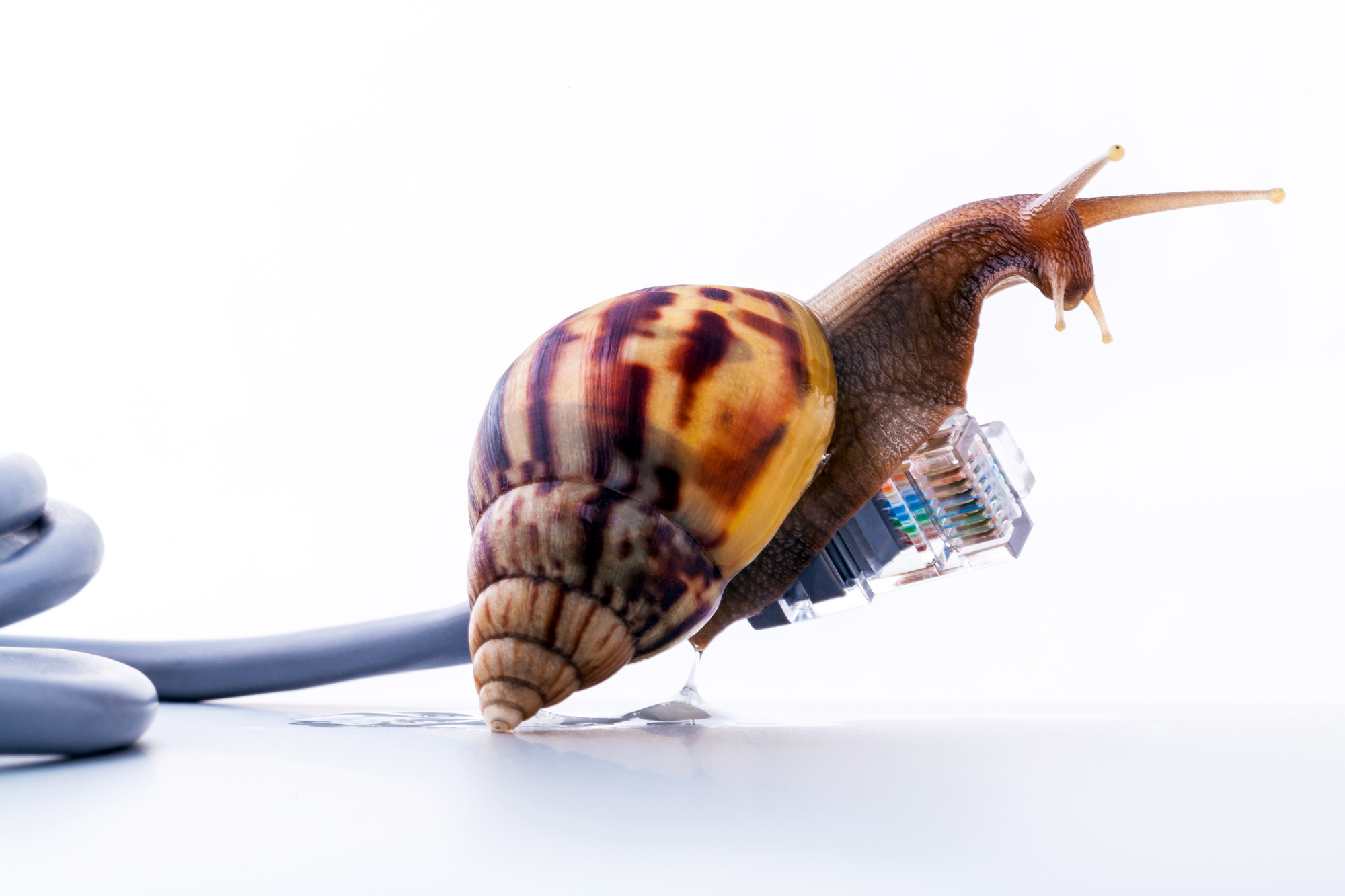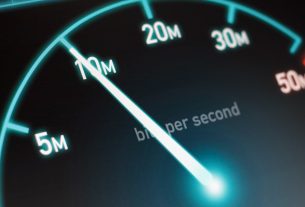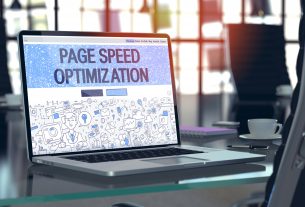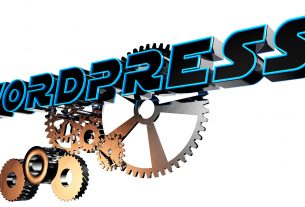Your attention span is shorter than a goldfish.
That’s right. The attention span of a goldfish is about nine seconds. But when it comes to our digitalized lifestyle, humans tend to lose focus after only eight seconds.
That means you have just a few seconds to catch someone’s attention when they click on your website. And if you’re website takes forever to load, they’ll end up going somewhere else.
You need to find and take care of any speed problems in your website right away.
To get started, take a look at these 10 common reasons why your website is slow.
1. A Bad Server Host
Your slow website might not have anything to do with your site itself. A poor website hosting service can have a negative impact on the performance of your website.
If you can’t figure out any other reason why your website is so slow, you might want to try switching to a new hosting service. Look for something to provides optimization services along with their normal hosting price. A service that offers this will be high quality and trustworthy.
But make sure your website isn’t slow for any other reason before you do this. Otherwise, switching hosting services will just waste your time.
2. An Outdated CMS
Platforms like WordPress, Wix, Drupal, etc, provide popups that ask you to install new updates and software. Whenever you see something like this, make sure you install the changes. These updates will allow your website to function better than it already does, especially when it comes to speed.
If you don’t install these changes, your website will be running on old or outdated platforms. This can make the loading times slower and the performance of the website worse.
3. Too Many Ads
Having ads on your website is acceptable and, in many cases, unavoidable. They can be a huge help when you’re starting to monetize a high traffic website. The problem comes when you try to cram in too many ads.
Too many ads make your website slow.
Why?
One of the main reasons is the additional HTTP requests. These need time to process, which can slow the rest of your site down. Righ media ads can create hundreds of HTTP requests. In other words, overloading your website with things like interstitials, auto downloads, and pop-unders can make your site unresponsive.
Keep your ads to a minimum. You’ll have a faster and smoother website.
4. Server Location
The information from your server has to physically travel to a visitors screen. Though data is fast, it still takes some time to get from one place to another. But it’s not always noticeable.
For example, imagine a person who lives in the same country as you. When they click on your website, it will pop up on their screen almost right away.
Now picture a person who lives in a different country. When they click on your website, the information has to travel all the way to your website to request access then make its way back to the person’s screen. This takes a bit longer than someone who lives in the same country as you.
So depending on where your server is based, your slow performance might be due to location.
5. Redirects You Don’t Need
Redirects send the users and the search engines to different URLs than the one they first requested. While redirects can be useful, you should avoid using too many of them.
They tend to double your loading time.
Because you don’t end up at the URL you clicked on, your website has to load the page twice. If your website has trouble with speed, you might want to cut out as many redirects as possible.
6. Excessive File Requests (RTTs)
Everything on your website needs its own file request in order to load. This includes things like images, buttons, CSS files, javascript pieces, etc. Even the smallest parts of your website require a file request.
Your server has to process all these requests, but it can only handle a specific amount per second. What exactly does this mean?
Think of it this way. A website that has 80 file requests will have to process 8,000 file requests in one second is 100 people visit your website at the same time. That’s a lot of file requests, and trying to get through them all can slow everything down.
7. Too Many Plugins
This kind of falls in the same train as file requests. Many websites have a lot of host plugins running behind the scenes. Because they have their own CSS files and Javascript pieces, all those plugins also need their own file requests too.
In turn, a lot of plugins will slow your website down. Odds are, you might not need them all anyway. Go through your plugins and remove the ones that don’t make much of a difference.
8. Large Images or Complex File Formats
The bigger the file, the longer it takes to load.
When a person clicks on your website, it has to bring every little piece to the visitor’s screen. This includes things like text, images, and other content. The larger pieces are harder to deliver and take longer to get there.
If your website has a lot of big images, it will need a lot more loading time than a website that relies on text. This doesn’t mean you shouldn’t use images (the opposite is true), you should just focus on the amount and file types of the ones you choose.
Stick to things like PNG, GIF, and JPG. They don’t take a lot of time to load, unlike heavier files like TIFF and BMP.
9. The Wrong Amount of Code Density
Your website is built from code. In fact, the amount of code your website uses is extraordinary. It can turn into one of those things that slow the rest of your website down.
The more coding you have, the longer it takes your website to pull the code up. But there are ways you can fix this problem.
Go through your coding and take out the unnecessary things, like white spaces, empty lines, unneeded comments, and inline stylings. This will condense your code and allow your website to run faster.
10. Lots of Traffic
Getting a lot of traffic to your website is a good thing, but it can also slow things down.
Your server can only handle a specific number of visitors at a single time. The more people that head to your website, the slower everything gets. Your website will do it’s best to manage the number of people, but it will have trouble performing if there are too many.
Why Your Website Is Slow
When your website is slow, it could be caused by a number of different reasons. The problem could be due to multiple issues that have all piled up. The way to speed your website up again is to address and resolve these things.
Did your website completely shut down and stop working? Here are a few tips to help you find out what the problem is and get it running again.




